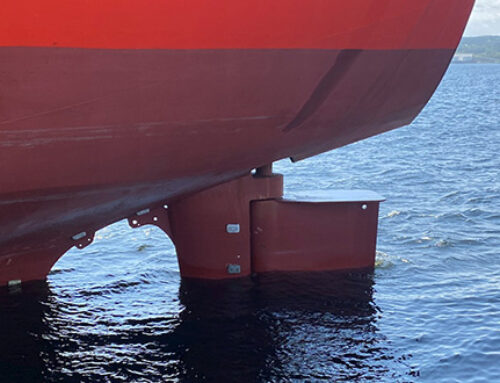A smooth sea never made a skilled sailor – Franklin D. Roosevelt.
Maritime environments can be challenging. A skilled sailor has to consider the wind, the waves, ocean currents, dangerous land masses and shallow water, the health of their crew, and navigation. In terms of navigation, a sailor must work with and use the elements to ferry their crew safely from port to port, between obstacles and dangers, and across wide stretches of untamed ocean. Sometimes the sailor aims for a destination; sometimes, the sailor’s focus is on safe passage—they must pass by certain landmarks, navigating the space between them.
When we navigate the waters of social justice, we need to be like that skilled sailor, mindful of opposing yet complementary currents, the winds that come up and die down seemingly on a whim, and any obstacles that may cause the ship to run aground. The earth’s oceans form a complex, interconnected system where all the discrete parts are dependent on one another. In a similar way, our pre-eternity society is made up of so many different pieces of history, conflict, new beginnings, and culture that it can be hard to work out who is right and who is wrong, who deserves justice, and what form that justice should take.
The danger of justice without forgiveness is that all we’re doing is perpetuating the cycle. We often neglect to acknowledge the ways we ourselves have contributed to the problem and we often overestimate what we are due. Justice without forgiveness has no end … Each party continues to seek revenge for what has been done. In order for there to be hope and a future, the slate must be wiped clean.
Jesus is a wonderful example of this: We are all sinners and deserve death and an eternity apart from God, but Jesus took the punishment that was due to us, securing God’s forgiveness on our behalf and wiping the slate clean. “For the wages of sin is death, but the gift of God is eternal life through Jesus Christ our Lord.” (Rom 6:23 KJV)
A worldly example of justice and forgiveness working hand in hand is the peaceful reconciliation in South Africa facilitated by the Truth and Reconciliation Commission (TRC). Considering the violent and devastating revolutions other countries have been through, what Archbishop Desmond Tutu and his colleagues were able to achieve was nothing short of a miracle. The TRC focused on amnesty and reparation, not revenge, and this allowed South Africa to move forward in hope.
In the TRC’s Final Report, Tutu closed his Chairperson’s foreword with the following (emphasis added):
Having looked the beast of the past in the eye, having asked and received forgiveness and having made amends, let us shut the door on the past – not in order to forget it but in order not to allow it to imprison us. Let us move into the glorious future of a new kind of society where people count, not because of biological irrelevancies or other extraneous attributes, but because they are persons of infinite worth created in the image of God.
Tutu understood that the Biblical approach to justice is reconciliation: “… having asked and received forgiveness and having made amends …” He warned us of the danger of allowing the past to imprison us, and he reminded us that each and every one of us is made in the image of God.
We are all God’s children, but we are all sinners, too, and contribute to social justice problems in some way or another. Instead of viewing our interactions with others through a heavily polarized lens that stifles dialogue and becomes toxic, let us approach each other with humility, asking ourselves where we are the perpetrator and embracing others with the forgiveness and love that God extends to us through Jesus Christ—the same Jesus who calmed the storm.
With him at the helm, let’s skillfully sail the seas of the space between.
- Click here to watch “A Biblical Perspective of Social Justice in South Africa”, SATS’s interview with Ps. Johan Erasmus of Dialoog and Betereinders (Skhokho Sangempela).
- Contact SATS to find out more about what the Bible says about justice.
- The TRC’s Final Report can be found here.
- If you struggle to understand the difference between diversity and inclusion, read this SATS article.




